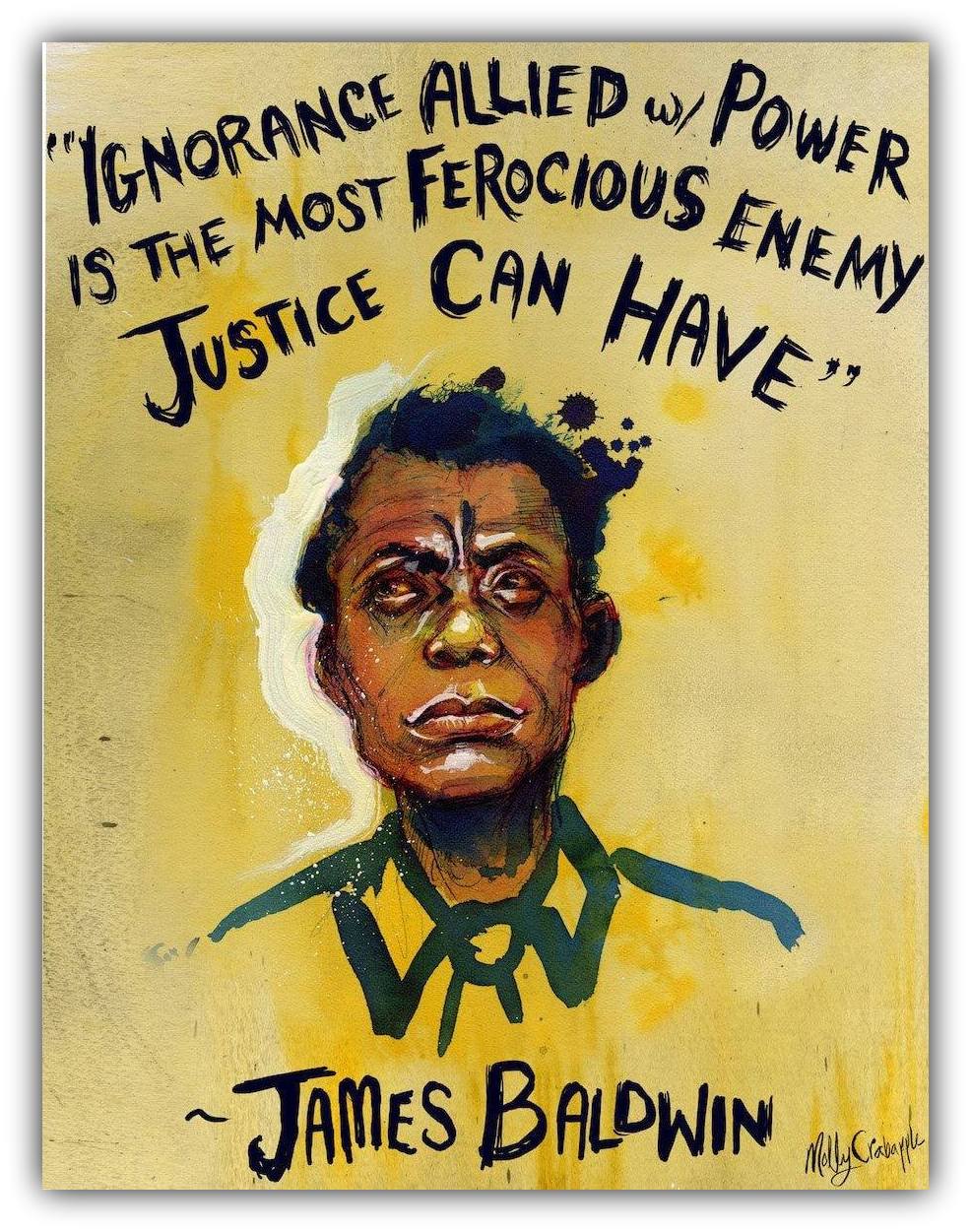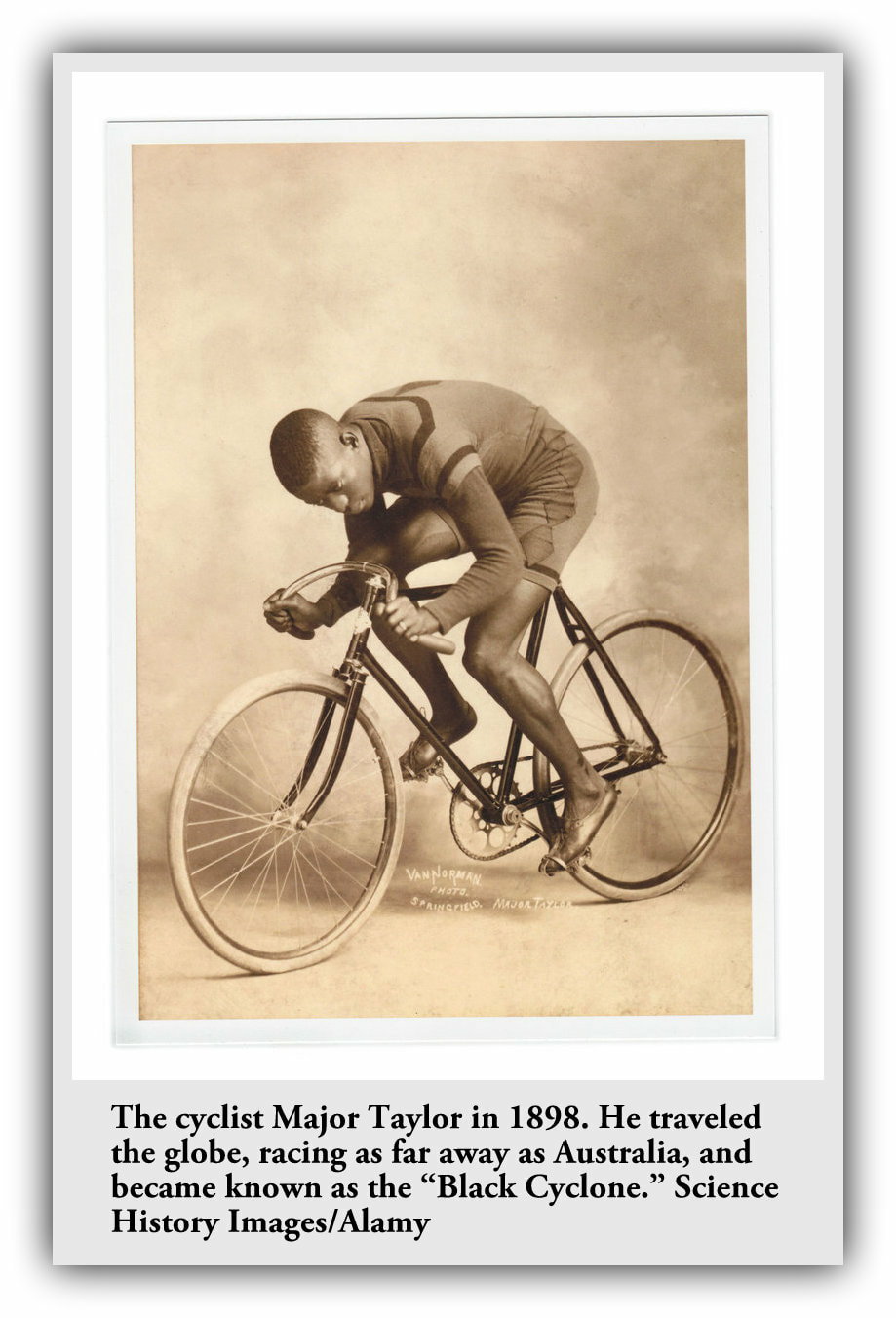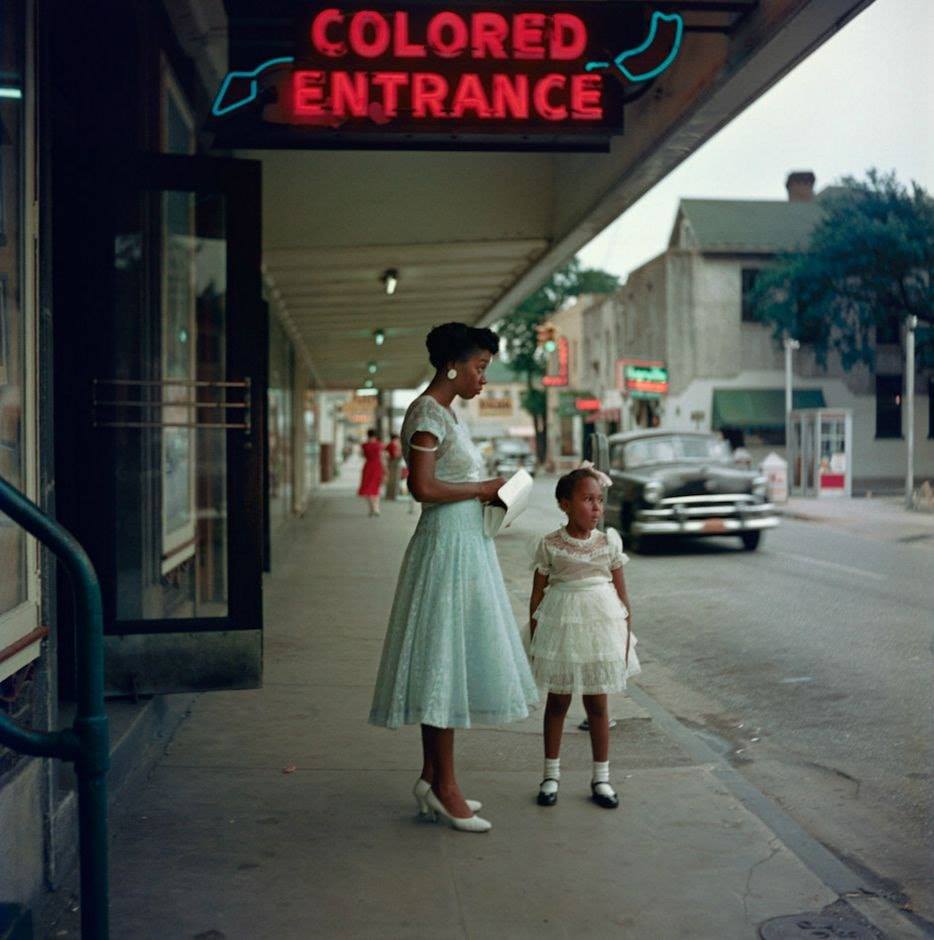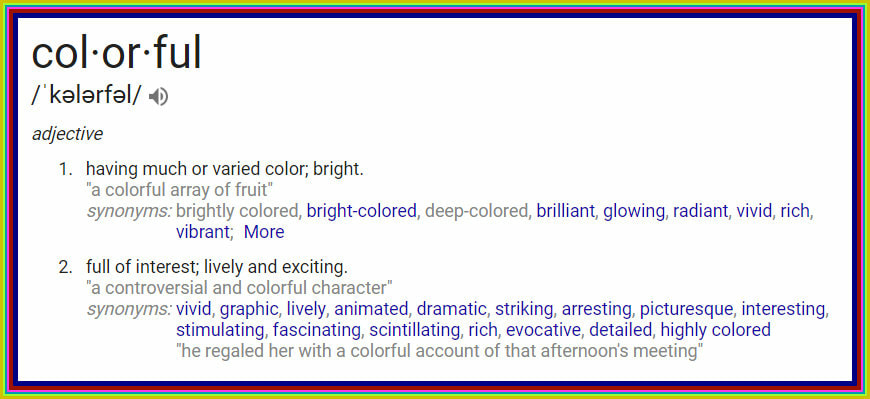|
It was legal in the United States for law enforcement to beat a black child who had been taught to read or write because laws prohibited educating any person of color in most southern states. Though conscious of the difficulty of learning without a teacher, I set out with high hope, and a fixed purpose, at whatever cost or trouble, to learn how to read. Some men know the value of education by having it. I know its value by not having it. ~ Narrative of the Life of Frederick Douglass, an American Slave State anti-literacy laws "With the exception of Maryland and Kentucky, every Southern state absolutely prohibited the education of slaves," Angela Davis wrote. Between 1829 and 1834 Alabama, Georgia, Louisiana, North and South Carolina and Virginia all passed anti-literacy laws. South Carolina prohibited teaching slaves to read and write, punishable by a fine of 100 pounds and six months in prison, via an amendment to its 1739 Negro Act.  To make a contented slave it is necessary to make a thoughtless one. It is necessary to darken the moral and mental vision and, as far as possible, to annihilate the power of reason. ~ Frederick Douglass OLD CHIP SCHOOLSThere were several schools in the 1830's for "colored children" secretly operating in Augusta and Savannah, in Georgia. Poor, white women could eke out, "... a miserable living by clandestinely teaching free Negroes and slaves." Described as peculiar, these schools were referred to as 'old chip schools' and 'old tailor shop schools'. "When some aged, impecunious white lady would agree to teach the children of free colored people and the children of such slaves as had hired their time, the children were said to go to her house to "pick up chips." They were busily engaged in this work when an officer was likely to be around." Without education he lives within the narrow, dark and grimy walls of ignorance. Education, on the other hand, means emancipation. It means light and liberty. It means the uplifting of the soul of man into the glorious light of truth, the light by which men can only be made free. To deny education to any people is one of the greatest crimes against human nature. It is easy to deny them the means of freedom and the rightful pursuit of happiness and to defeat the very end of their being. ~ Frederick Douglass African American Pamphlet Collection copy "George Peabody is considered to be the father of modern philanthropy. His aims were to improve society, promote education, and provide the poor with the means to help themselves." (source) Excerpts Below from 1894 Freedmen's savings and loan"During the Civil War, small banks were established across the South to receive deposits from black soldiers and runaway slaves working at Union garrisons. Many of the records of these deposits were lost, however, and many of the freedmen were prevented from recovering their deposits. Also, when black troops were killed in combat and did not list next-of-kin, their deposits often went unclaimed. Even when relatives were listed, locating them proved difficult since the Civil War disrupted black residential patterns. John W. Alvord, a Congregational Minister and A. M. Sperry, an abolitionist, launched the Freedmen’s Savings and Trust Company in 1864 to eliminate individual bank mismanagement and bring all of the black deposits under central control in a single large institution. After Congress passed legislation incorporating the bank on March 3, 1865, President Lincoln immediately signed the bill into law. Deposits were received only “by or on behalf of persons heretofore held in slavery in the United States, or their descendants.” Up to 7% interest was allowed for deposits, and any unclaimed accounts were to be pooled into a charitable fund that was used to educate the children of ex-slaves." (source)  "In early 1874, however, overwhelmed by the effects of a 1870 amendment to its charter that changed its loan and investment policy, the Panic of 1873, problems of over expansion, mismanagement, abuse, and outright fraud, the Freedman's Bank was on the brink of collapse. In March 1874, in an effort to maintain the confidence of its depositors, who had made "runs" on several of the branch offices, bank officials elected Frederick Douglass as president. Unaware of the true state of the bank's affairs, Douglass invested ten thousand dollars of his own money to demonstrate his faith in its future. After a few months of assessing the condition of the company, however, Douglass realized that he was "married to a corpse" and recommended to Congress that the bank be closed." (source) SIDE NOTE ABOUT THE ORIGINS OF THE PEABODY AWARD Realizing that there was no equivalent for the Pulitzer Prize in radio, the National Association of Broadcasters formed a committee in 1938 to establish a prestigious award for excellence in radio broadcasting. Over the years, it grew to include television and online media "to honor the most powerful, enlightening, and invigorating stories." Programs are recognized in seven categories: news, entertainment, documentaries, children's programming, education, interactive programming, and public service. Peabody Award winners come from around the world. The award was named after George Foster Peabody, who donated the funds that made the awards possible.
0 Comments
Your comment will be posted after it is approved.
Leave a Reply. |
by Betsy Seeton
BLACK HISTORY
MONTH SHOULD BE EVERY M O N T H This is a blog covering and discovering injustice anywhere. It's about race, racism, hatred, love, tolerance, intolerance, ignorance and wisdom. It's about climate change, and all things earth, all things people, plants and animals. It's about change makers and light shiners. It will follow The North Star and report here.
B.L.S.I would like to think that, "One day our descendants will think it incredible that we paid so much attention to things like the amount of melanin in our skin or the shape of our eyes or our gender instead of the unique identities of each of us as complex human beings," as Franklin Thomas said. Archives
May 2021
Categories
All
|


















 RSS Feed
RSS Feed
